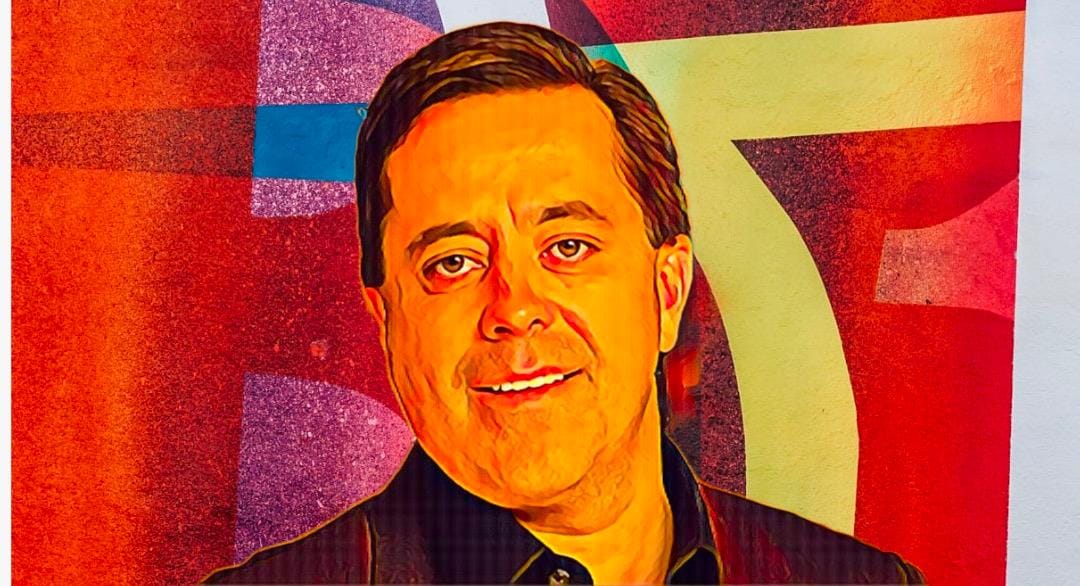South African tycoon Markus Jooste receives 20-year ban from holding directorship in JSE-listed companies

The Johannesburg Stock Exchange (JSE) has issued a directive for the former Steinhoff CEO, Markus Jooste, to promptly pay an accumulated fine of R15-million ($790,000) for breaches of the stock exchange’s listing prerequisites. As a consequence of these violations, Jooste has also been banned from holding any directorship of listed entities for a remarkable 20 years.
Earlier in January, the JSE had pronounced these sanctions, pushing Jooste to resort to the Financial Services Tribunal, with hopes of overturning the decisions. The tribunal, renowned for its independent judgment in the financial services arena, however, dismissed Jooste’s appeal on 10 October, reinforcing the sanctions decreed by the JSE.
In a statement on Wednesday, the JSE confirmed: “Mr Jooste is immediately liable for the payment of the financial penalties imposed and disqualified from holding the office of a director or officer of a listed company for a period of 20 years.”
The clampdown on Jooste is notably timed just before Steinhoff’s scheduled delisting from both the JSE and Frankfurt Stock Exchange on Oct. 13. A pivot is underway, with Steinhoff transitioning from a public enterprise to a private entity, thereby shifting ownership to its creditors and subsequently transferring the company into a trust.
Steinhoff’s tumultuous journey towards this decision saw its shareholders, in a scarcely attended meeting in Amsterdam, overwhelmingly vote for the company’s dissolution and delisting from the stock exchanges in July.
Jooste’s controversial leadership at Steinhoff culminated in 2017 when auditors from Deloitte declined to validate the accounts due to suspicions of accounting fraud. Steinhoff later confirmed these fraudulent activities, leading to a drastic 96-percent plunge in share value since 2017.
At the heart of Jooste’s infringements, the JSE identified a fabricated invoice worth R376 million ($19.8 million) that deceptively amplified Steinhoff’s business accounts. Additionally, Jooste was implicated in disseminating misleading financial reports concerning the company’s accounts for 2015 and 2016.
During the tribunal, Jooste’s defense, spearheaded by Francois van Zyl, attempted to exonerate him from the accounting scandal by highlighting Steinhoff’s global operations and complexity. They emphasized the company’s diverse managerial structure, multilingual business transactions, and the varied tax and accounting regulations across 32 nations.
However, the Financial Services Tribunal remained unconvinced. Their judgment lucidly attributed Steinhoff’s downfall not to external factors like COVID-19 or natural disasters, but squarely to false financial information disseminated under Jooste’s tenure.
The tribunal’s verdict underscores the detrimental impact of Jooste’s actions on shareholders, the reputation of South African businesses, and the broader credibility of accounting practices for listed companies. They vehemently stated the need for stern penalties for such fraudulent activities, emphasizing that these should be more than just “slaps on the wrist.”
Jooste, 62, is a South African businessman and the former CEO of Steinhoff International. He is an avid horse breeder, and in 2015 Forbes declared him as one of Africa’s richest people, worth $400 million.